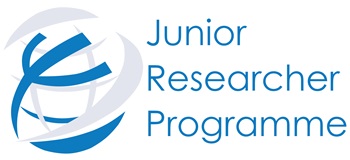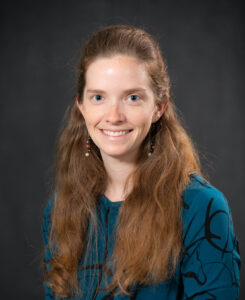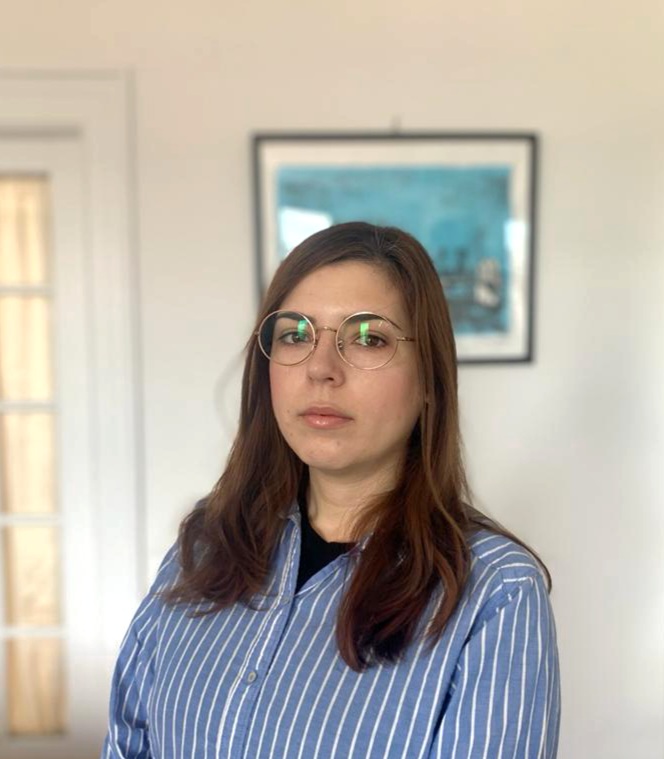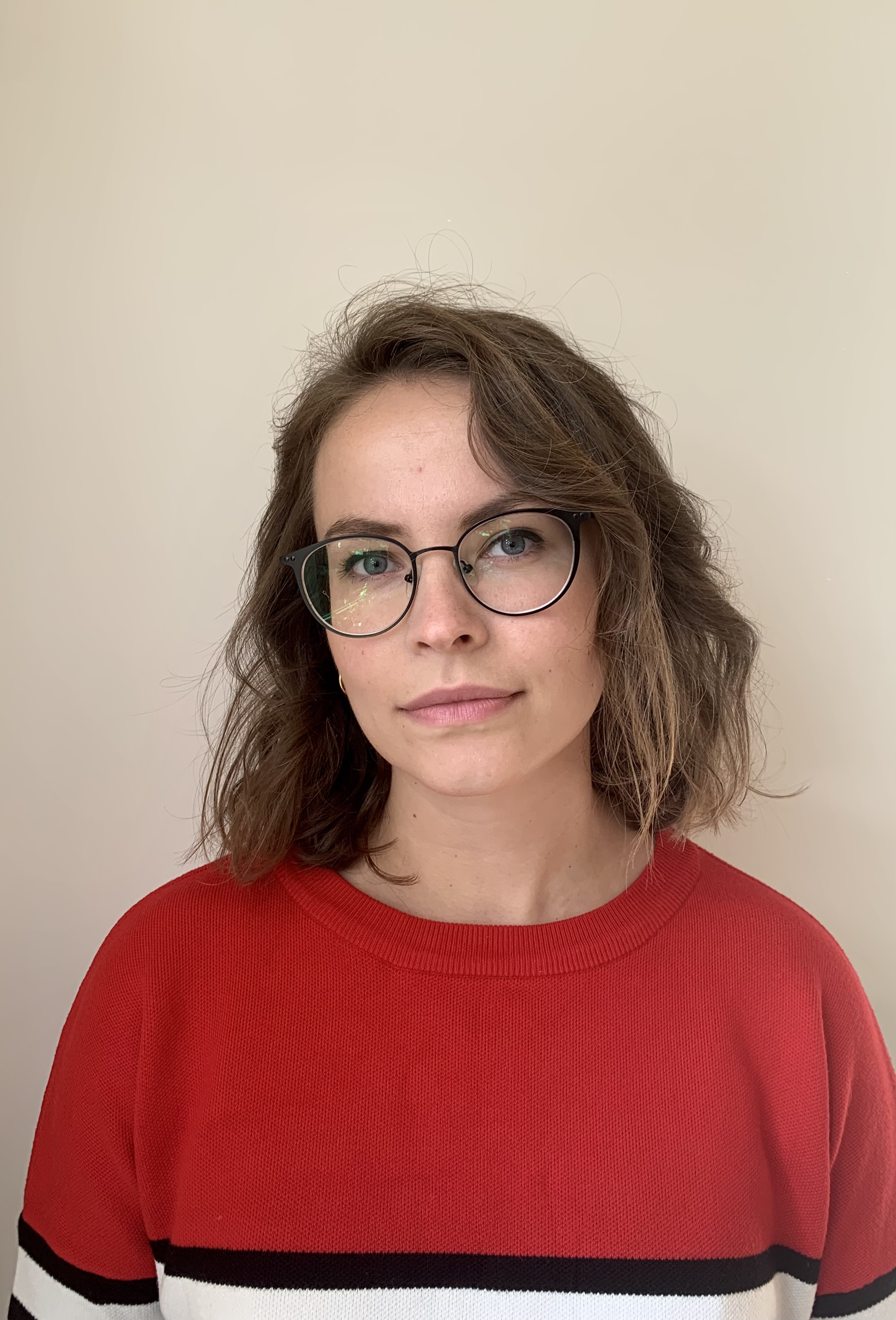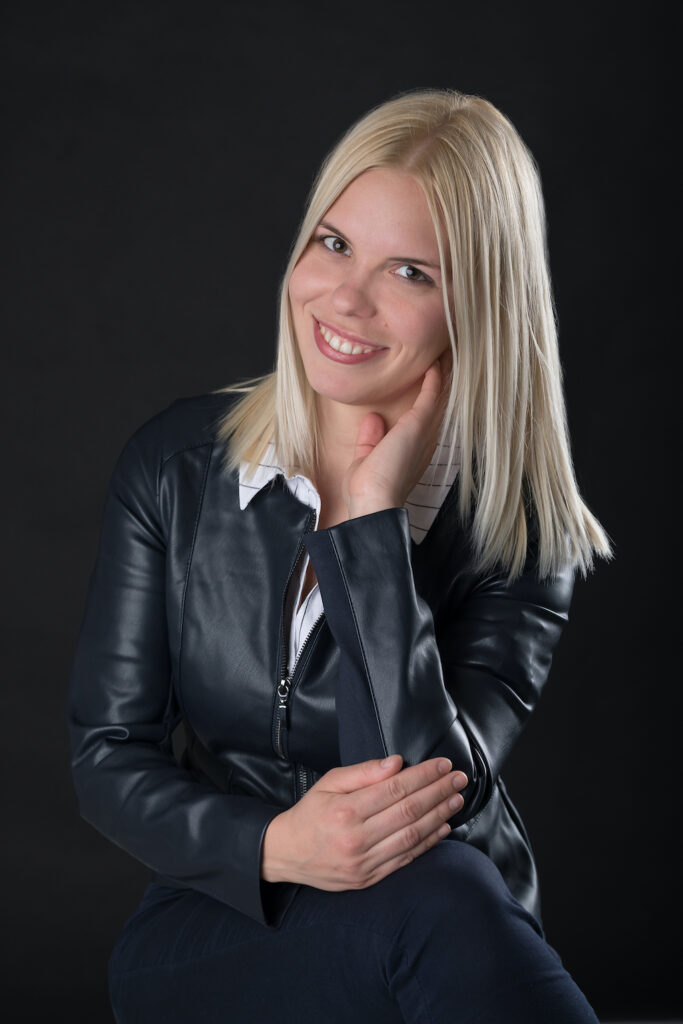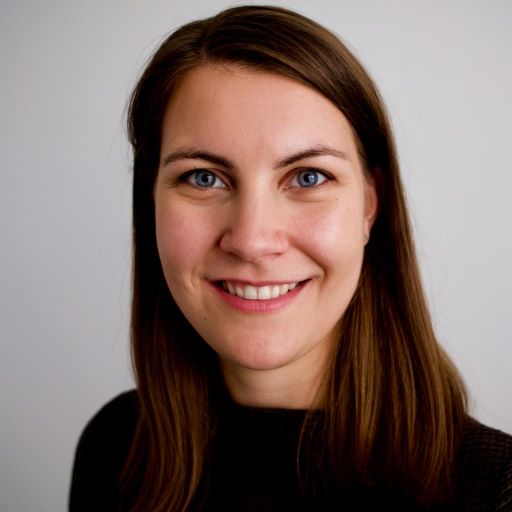The 2022 jSchool
Following the success of previous jSchools, the 2022 jSchool will return to the Certosa di Pontignano in Siena, Italy from the 8th July to the 15th July. Students will get the chance to kick-off their group research studies, supported by their Research Supervisors and JRP Team Members, as well as enjoying Tuscany.
Applications for the 2022 jSchool are now closed!
Thank you to everyone who has applied for the 2022 jSchool. Students for this year’s jSchool have been selected. You can still participate as a guest at the jSchool by joining us for The Open Conference, and showcase your own research! You can find more details on the event and how to sign up by checking our Open Conference page. Applications to become a Junior Researcher for the 2023 to 2024 JRP cohort will open in Spring 2023. Keep an eye on our website for updates! You can always check your eligibility to apply by completing the Interactive Eligibility checker.
Venue
The Certosa di Pontignano is a 14th Century mansion in the very heart of the Chianti countryside. The site, also denominated as the Pearl of the Sienese Chianti, brings together nature, history, and hospitality, whilst incorporating perfect spaces for study groups, needed for the students to lay the grounding blocks for their team projects, and to form strong friendship and collaborative bonds.
The location offers multiple green spaces, ideal for social events and moments of relaxation. Its natural silence, and its proximity to Italy’s capital cultural cities, Siena and Florence, give the summer school participants the chance to both enjoy a stroll through the Chianti vineyards, and appreciate the frenetic Italian city life.
Please note
The JRP team has every intention to run this event in person. But in light of the ongoing COVID-19 pandemic, we will closely follow any changes in the pandemic as well as all national/international travel and event guidelines. This may mean that the JRP team may decide to substitute the planned in-person event with a virtual jSchool, allowing students and supervisors to stay safe and participate from the comfort of their home. Please operate under the assumption that only fully vaccinated individuals will be allowed to enter the venue. This may mean that a recognised vaccine must have been administered no more than 9 months prior to jSchool. Details will be agreed upon with the hosting venue and will be communicated to attendees before the event.
Theme
The theme of this jSchool is Sustainability: What Psychology can Contribute to the Sustainable Development Goals. This theme was carefully selected to allow jSchool participants to apply their skills to a diverse range of pressing psychological challenges and research areas.
Projects & Supervisors
Believing in ourselves: Leveraging collective action from the pandemic to inspire climate action (Supervisor: Dr Jennifer Cole)
The Covid-19 pandemic and climate change both require wide-scale coordination and cooperation to successfully mitigate significant damage to society. Such collective action is only possible if people feel collective efficacy: the sense that by working together we can achieve our collective goals. This project will explore whether communication about examples of successful collective action during the Covid-19 pandemic (e.g., New Zealanders’ adherence to strict lockdowns to virtually eliminate the virus from their country) can instill collective efficacy, and whether this collective efficacy in turn can motivate collective action toward climate change.
Dr Jennifer Cole is a social psychology postdoctoral researcher at Vanderbilt University, working with the Climate Change Research Network to study political polarization of climate change. She completed her PhD in 2021 from the University of Colorado Boulder. Her interest in environmental psychology comes from her love of nature, particularly of trail running in the mountains in Colorado!
Sustainable aging in workplace: The effect of subtle discrimination experiences on job attitudes and well-being (Supervisor: Dr Irina Gioaba)
As the modern workplace is transforming and becoming increasingly age diverse—in particular, with the significant rise in the proportion of women and racial minorities—it is critical that research examines how organizations can ensure the sustainable integration of the aging workforce. Most of current research on age discrimination focuses on overt instances of discrimination and less is known about subtle experiences of discrimination, in particular their consequences for targets. Using an experience sampling methodology, the current project examines the effects of experiencing subtle discrimination for older workers’ job attitudes and workplace well-being.
Dr Irina Gioaba is a postdoctoral research fellow at New York University, Stern Business School. She received her PhD in Organizational Behavior from the University of Lausanne, Switzerland, and her master’s in Industrial/Organizational Psychology from Florida Institute of Technology. Irina’s research focuses on understanding and reducing age-related inequalities in the workplace.
Improving mental health through urban policy: How do European cities address the social determinants of mental health? (Supervisor: Daina Kosīte)
Mental health problems are growing worldwide, and this increase is coinciding with a rapid rise of urbanisation. Therefore, it is important to understand how residing in a city impacts mental health and explore ways how mental health problems could be prevented in the urban environment. Many studies show that systemic issues such as neighbourhood deprivation, within-city inequality, and unaffordable housing, affect mental health. In this research project, we will investigate how local authorities in various European cities are tackling the social determinants of mental health. We will analyse urban policy documents with the aim to identify policy instruments and interventions that have the potential to address the systemic issues leading to mental health problems.
Daina Kosīte has completed training in psychology and currently is a PhD candidate at the Department of Public Health at Erasmus University Medical Centre in Rotterdam. Her interdisciplinary PhD project aims to investigate the impact of urban policies on mental health and health equity. She is particularly interested in studying how urban environments can be changed to address the social determinants of mental health and improve residents’ wellbeing.
Acting as we feel – which emotional responses to climate crisis motivate climate action? (Supervisor: Lilla Nóra Kovács)
The path of climate crisis is determined by human actions and decisions. Our behavior and decisions are motivated by our emotions, thus the emotional reaction we give to climate crisis may define whether we take climate action or not. There is evidence that worry about climate crisis leads to climate action, however, little is known about other emotional responses. Thus, we aim to explore which emotion regulation strategies in response to climate crisis can motivate climate action? Although emotion regulation (ER) strategies that increase anxiety are usually considered maladaptive, in case of climate crisis, being too optimistic may result in inaction. Therefore, it is important to understand the level of anxiety and related ER strategies that could promote climate action.
Lilla Nóra Kovács is a PhD candidate at the Doctoral School of Psychology at Eotvos Lorand University (ELTE), Budapest, Hungary, where she is a research fellow in the Personality, Health and Emotion Regulation Research Group led by Dr. Gyöngyi Kökönyei. Lilla’s research focuses on the maladaptive emotion regulation strategies of healthy adults and clinical populations. Being concerned about climate crisis, her novel research interest is emotional reactions in response to climate crisis. In her free time, Lilla enjoys traveling, getting to know other cultures, and visiting music festivals.
Instagram filters and psychological well-being: How to protect users from social media perfection (Supervisor: Maria Sansoni)
Nowadays, most cultures attribute an important role to attractiveness, leading people to define their identity in terms of appearance. This is especially true if we think about social media like Instagram. Instagram presents, in fact, to the users’ unattainable beauty standards, and then offers tools (i.e., filters) to feel closer to them. This modus operandi creates a discrepancy between users’ ideal and actual self, with detrimental effects on psychological well-being. Millions of people are exposed every day to this silent phenomenon. Thus, it is urgent to investigate what is happening, and to preserve users’ well-being. This project therefore aims to assess the psychological impact of Instagram filters, and to develop an intervention to protect users from social media perfection.
Maria Sansoni is a PhD student at the Catholic University of the Sacred Heart, in Milan (Italy). Her PhD aims to develop Virtual Reality interventions to improve cancer patients’ psychological well-being. Her main focus of research is body image, and she is interested in analyzing this dimension both in patients with cancer and among the general population.
How to facilitate the protein transition? Exploring ways to encourage consumer engagement (Supervisor: Lieke van den Boom)
The protein transition, the switch from a diet with mainly animal-based proteins to a diet with more plant-based proteins, can substantially contribute to the mitigation of climate change. The current project will explore ways to facilitate consumer engagement with the protein transition and promote the use of plant-based alternatives for meat and dairy. Climate change is an immense problem and caused by collective actions. It may therefore at times be difficult to imagine how daily choices by one individual matter. We will test whether an increased feeling of connectedness, the idea of working together towards a common goal, can contribute to the idea that individual behaviors matter and can encourage consumer engagement with the protein transition.
Lieke van den Boom is a PhD candidate at the department of Social, Health and Organizational Psychology at Utrecht University. Her research focuses on how to promote sustainable dietary choices and encourage engagement with sustainability transitions, specifically: the protein transition. She is interested in exploring how behavioral science can help understand and facilitate the transition.
Contact us
You may find more details and information about the jSchool in the Frequently Asked Questions. We are confident that information contained in this page and in the Student Application Guide covers all you need to know in order to apply to the jSchool. However, should you still have any further questions about jSchool, please feel free to contact us on jschool@pscholars.org!
